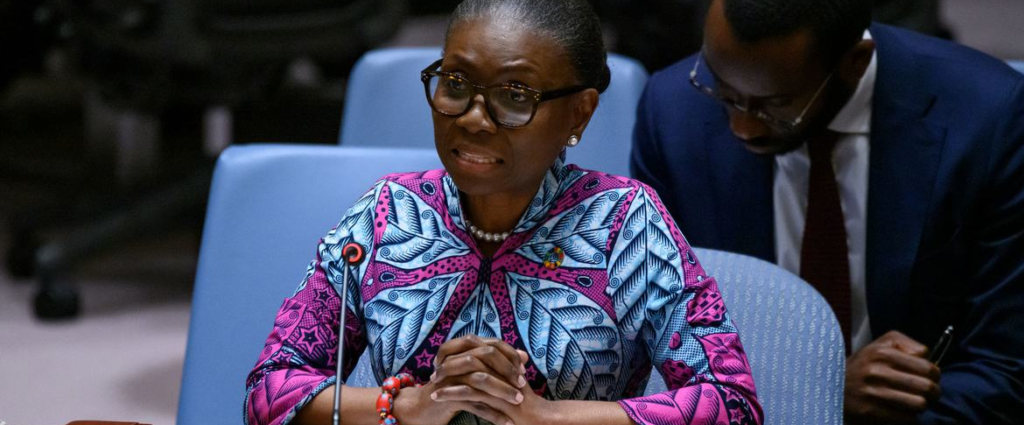
As South Sudan commemorates Humanitarian Day alongside the global community, it remains one of the most dangerous places for humanitarian workers, ranking second in danger this year, according to the Aid Worker Security Database.
“On World Humanitarian Day, we honor humanitarian workers in South Sudan and worldwide, remembering those who have lost their lives in the line of duty and rallying support for people affected by crises,” stated Ms. Anita Kiki Gbeho, the Humanitarian Coordinator for South Sudan.
In a statement released by the Office of Humanitarian Affairs on Tuesday, it reported that there have been 26 casualties since the beginning of the year, including 15 humanitarian workers and 11 contractors who have either been killed or injured.
This marks an increase from 15 casualties during the same period last year.
Additionally, between January and July 2025, over 200 incidents of direct violence against humanitarian workers and their assets were recorded, up from 176 incidents in the previous year.
The escalating insecurity has compelled 56 humanitarian workers to relocate from their operational areas, OCHA noted.
Most humanitarian workers in South Sudan are South Sudanese nationals, serving their communities with remarkable courage and dedication.
This year’s theme, “Act for Humanity,” holds particular significance in South Sudan, where humanitarians continue to operate amidst recurrent floods (with 1.6 million people likely to be affected), growing humanitarian needs (over 70% of the population), dwindling resources, and escalating violence (with 355,000 displaced since January 2025).
OCHA reports that humanitarian workers persist in their efforts, collaborating closely with authorities and communities to reach those in need.
By June 2025, OCHA said partners had provided life-saving assistance to approximately 3.2 million people, achieving 59% of the 2025 Response Plan target, even in hard-to-reach, conflict-affected areas.
“While the country needs humanitarian workers more than ever, the humanitarian community faces immense pressures, including reduced funding and a surge in attacks on workers, including injuries, kidnappings, and killings,” noted the Humanitarian Coordinator.
On World Humanitarian Day, the humanitarian community calls upon the government, non-state actors, and stakeholders to protect civilians, including women and children, and ensure the safety of humanitarian workers, while guaranteeing access to those in need.
OCHA urges the international community to remain mobilized in its support of South Sudan’s journey toward peace, recovery, and resilience.
“On this day, we honor the commitment of humanitarian workers who, day in and day out, deliver life-saving assistance under the most challenging and dangerous conditions.”

